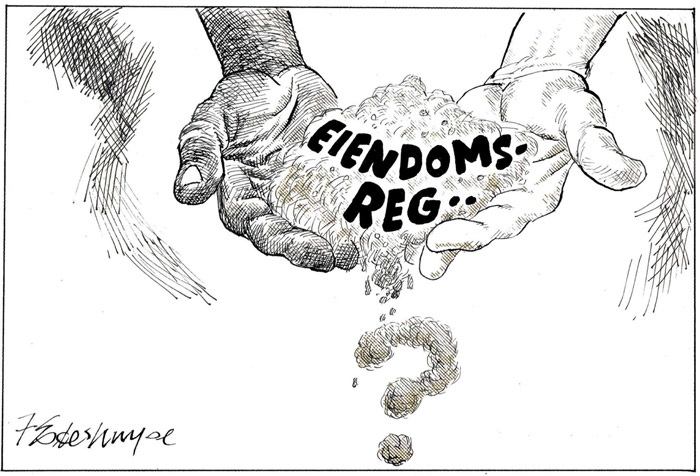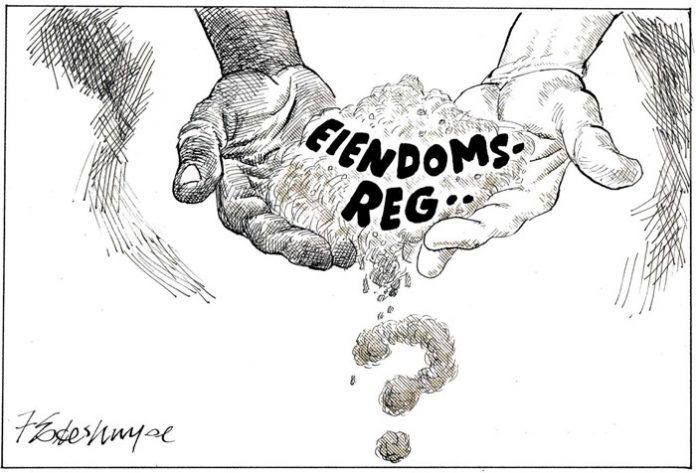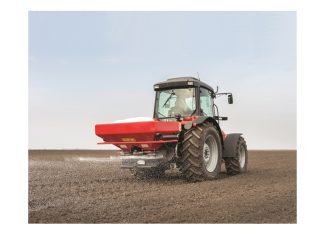June 2018

Jannie de Villiers, CEO
The writing of this editorial was done on the eve of NAMPO 2018. Producers in the south planted and in the north, harvested. The rain had not yet fallen in the south, but the guys were planting at great speed. Andries Theron reported as follows the other day: 100 mm wind and 4 mm rain. I trust that it will be quite wet by the time they read this.
In the north producers are holding their breaths because of the possibility of frost on the crops planted late. There is also some excitement about the exports of maize picking up again. The Minister of Agriculture, Forestry and Fisheries has at last approved our request that the traders must in future statutorily declare to SAGIS how many ships have been reserved for exporting. The increase in exports is also good news to the owners of grain elevators since they have to make new plans to store the new crop on a daily basis.
I would like to touch on an issue which will be affecting our agricultural policies in future: It takes longer and longer to get a change in policy, or new policy, finalised. The number of role-players who have to be consulted are increasing, the opinions are becoming more diverse and the efficacy of implementation is declining.
This happens despite the merit of a case. Even processes of matters where all are in agreement, take longer than usual. It reminds me of a visit to the Agricultural Portfolio Committee in 1996, when the draft Marketing Act was discussed. One of the committee members’ remark was that they were there to govern well – and not necessarily effectively. Another round of consultation is more important than immediately getting the work done and finalised. The one ‘commodity’ in agriculture that annually grows more than inflation, is the number of people who have an opinion about what is best for the sector.
While the markets, climate and information require faster change from producers, the policy wheels are turning slower. No wonder the temperature among the different role-players is rising.
I did, however, during the land debate the other day, experience some encouragement when one of the ruling party’s members remarked that there is a non-racial consensus that the civil service has thus far sunk the land reform process. This creates a basis for discussion. Urbanisation was discussed and that the need for house ownership was most likely more pressing than the need for farm land with a view of farming it.
Another remark was that there must be a rational solution for land reform, but radical enough to make progress. Although the title deed of a house in a suburb would be a giant leap forward to restore the human dignity of those whose land was taken from them previously, the improvement of their economic situation must be the ultimate goal to strive for.
We still have a long way to go, given the direction in which our education and training institutions move. The increasing of minimum wages is not the solution to create wealth, but rather the improvement of skills that exploit the opportunity in the free market to create economic wealth.
I was also encouraged by the quality of the people (although I sometimes differ with their points of view) who concern themselves with the issue of property rights. They are not necessarily agrarians, but professional individuals who wish to make a difference at a place in time that the country desperately needs it.
Grain SA also wishes to bid farewell to Schalk Pienaar. He made his mark in agriculture. We are definitely going to miss his composure in difficult situations, but also his ability to distinguish between the chaff and the wheat. His years of experience at the highest levels of agricultural leadership will leave a definite void. Farewell, Schalk!

Publication: June 2018
Section: Features


















